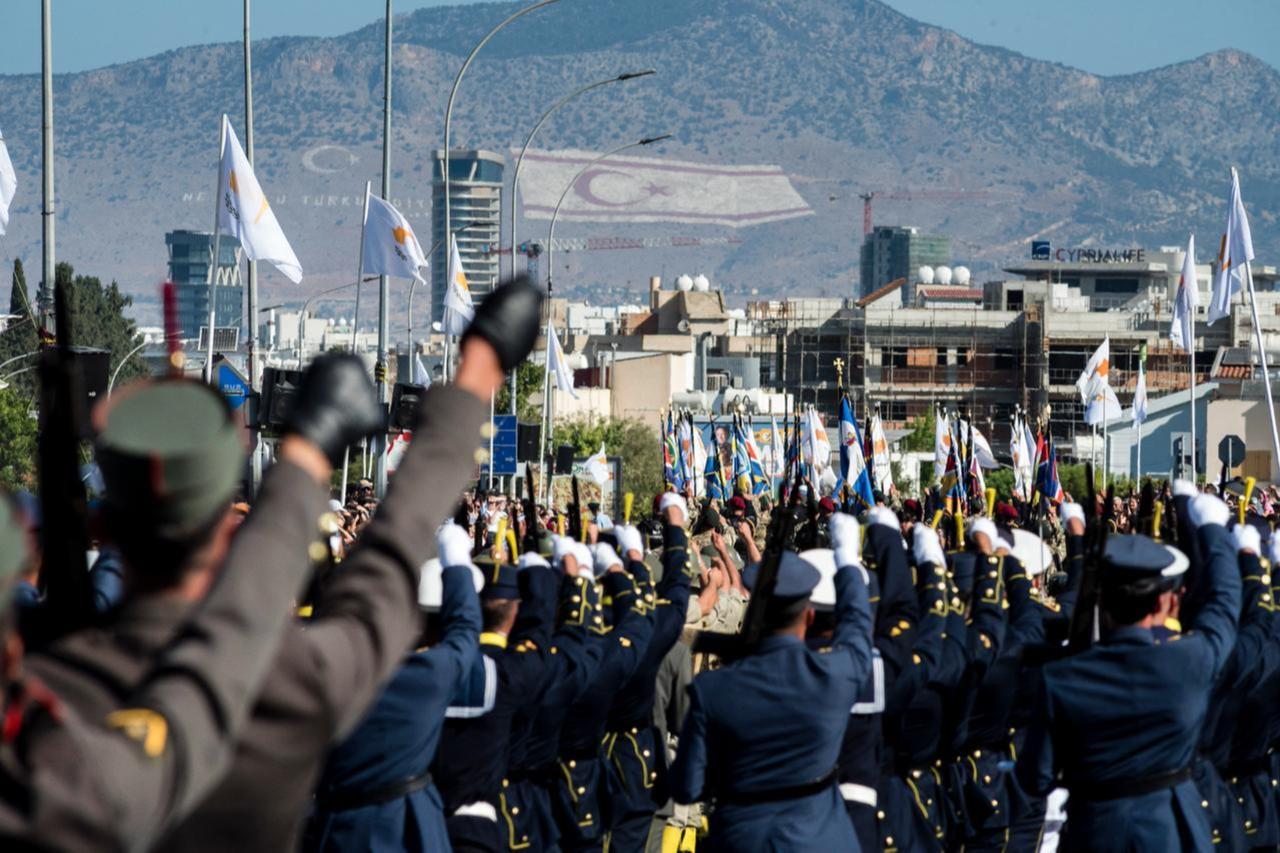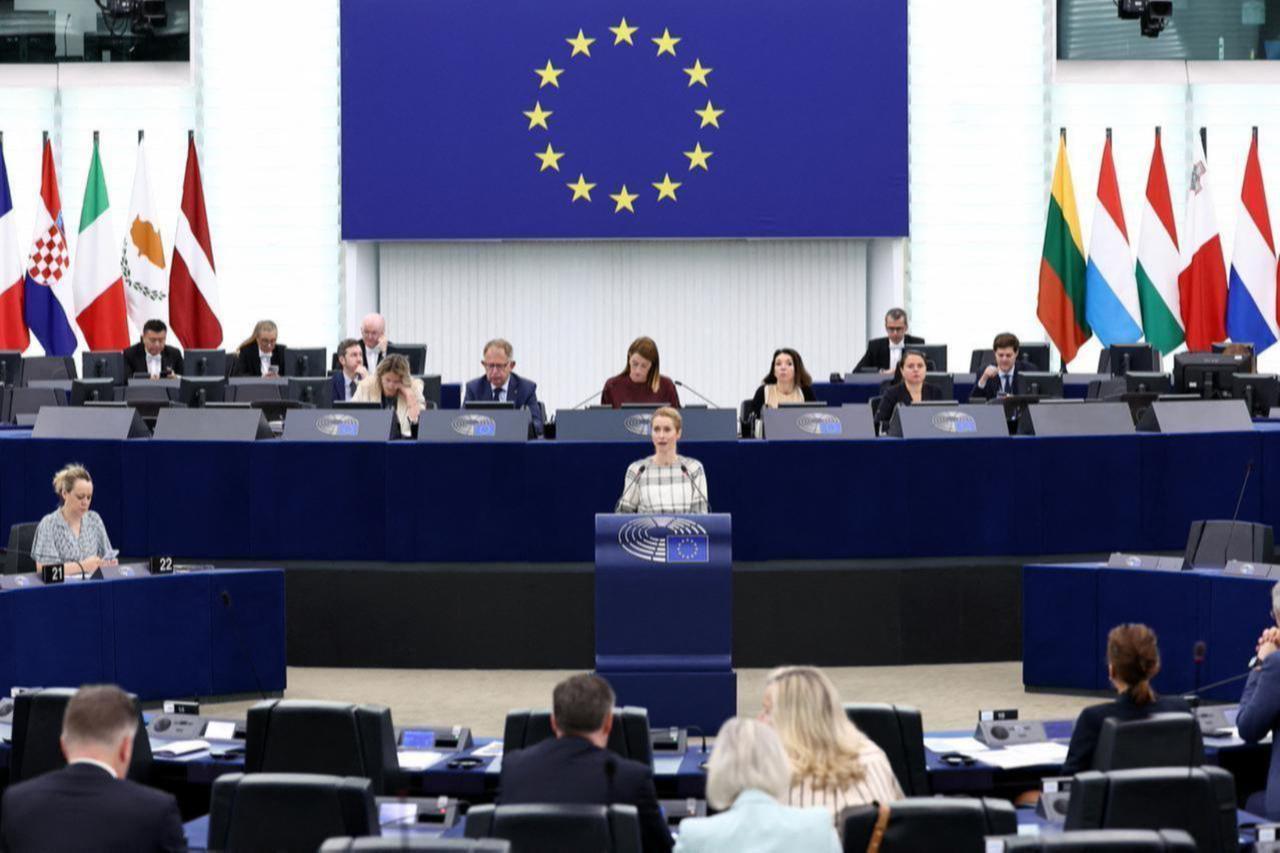
Türkiye's ambassador to the European Union sharply criticized Greek Cypriot officials for obstructing closer ties between Ankara and Brussels, saying their blocking tactics reflect "narrow-minded, ultra-nationalist, maximalist attitudes" rather than genuine interest in improving relations.
Ambassador Faruk Kaymakci, speaking at an EU-Türkiye Business Summit organized by the Foreign Economic Relations Board and European Business Summit in Brussels, said Greek Cypriots have systematically vetoed Turkish participation in key European security and defense initiatives despite Türkiye's longstanding contributions to EU missions.
"I don't think the Greek Cypriots are sincere about improving relations," Kaymakci said. "Their real intention is to impose their narrow-minded, ultra-nationalist, maximalist attitudes. They claim this is the EU's position, which is not true, but this actually drags us into perhaps a more complex relationship."
The ambassador's remarks highlight persistent tensions over Cyprus that continue to complicate Türkiye's relationship with the European Union, even as both sides pursue economic cooperation through the Customs Union framework.

Kaymakci, who previously served in Brussels 25 years ago, told the business summit that EU officials cite three reasons for delays in updating the Customs Union agreement between Türkiye and the bloc.
The first involves trade restrictions and measures that negatively affect commerce and create tensions. Kaymakci said progress has been made on this front through high-level trade dialogue and the Customs Union Joint Committee, which have helped eliminate some commercial problems.
The second reason relates to EU sanctions on Russia, with Brussels wanting assurance that Türkiye does not circumvent those measures. Kaymakci said Türkiye has taken steps on this issue, which have been reflected positively in European Commission reports.
The third obstacle, he said, is the Cyprus issue—though he emphasized this was not originally a condition for beginning Customs Union modernization negotiations. "Unfortunately, the Greek Cypriots later abused their veto rights and are now trying to present this as a condition," he said.
The ambassador noted that participants at the business summit heard "very solid arguments" from both EU and Turkish business sectors about why updating and expanding the Customs Union is essential, particularly given significant changes in recent years in connectivity, trade, e-commerce, public procurement and services sectors.
Kaymakci highlighted that Greek Cypriots have blocked Turkish Foreign Minister's participation in informal EU Foreign Ministers meetings, known as Gymnich meetings, despite ongoing crises including the Russia-Ukraine war, conflicts in Gaza, and developments in Libya, Syria and the South Caucasus.
He said Türkiye has contributed to 19 EU common security and defense policy missions but now faces Greek Cypriot obstruction of its participation in several key initiatives. These include the PESCO military mobility project, associate membership in the European Defense Agency, and the European Security Action Plan known as SAFE.
Regarding SAFE, Kaymakci said Turkish companies' full participation would create a win-win situation, noting that Türkiye exports approximately $7.5 billion in defense industry equipment, with half going to NATO countries.
"Having Türkiye inside SAFE would be greatly in the EU's interest," he said, adding that including Norway, Liechtenstein and Ukraine in SAFE while excluding Türkiye from the outset "is not the right message."
The ambassador argued that Türkiye can produce defense equipment much faster and at more reasonable prices than European industry, and that as a security and defense ally of Europe and NATO, Türkiye should naturally be included in the SAFE program.